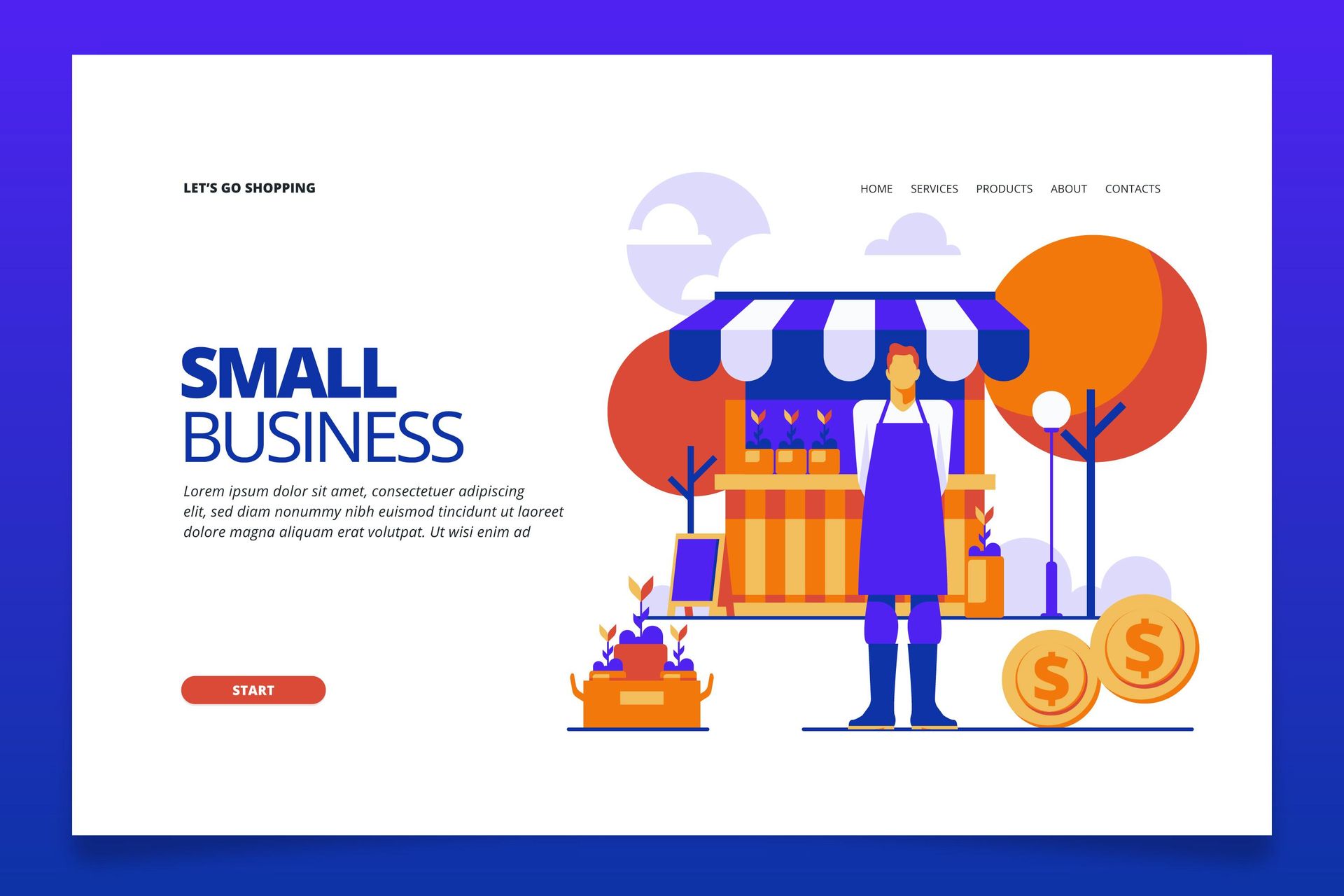In today’s fast-paced business world, effective management of company assets is crucial for achieving success. This encompasses aspects such as equipment, machinery, software licenses, and office supplies. To streamline these operations, many businesses rely on asset management software. These robust tools enable tracking and optimization of asset usage, leading to improved efficiency and reduced costs.
While the market offers a range of asset management software options, nowadays, not all solutions are affordable for small-sized businesses. However, limited budgets shouldn’t force companies to compromise on functionality or effectiveness. This article aims to explore considerations when selecting affordable asset management software for small businesses that suit your business needs.

Define your requirements
Before delving into the selection process of an asset management system, it’s essential to define your needs and requirements. Take into account the functionalities you require from the software. Whether it involves tracking service histories, calculating depreciation values, scheduling maintenance tasks, managing license agreements, or generating reports.
By having an understanding of your requirements for an asset management solution, you can focus on systems that align with both your features and cost expectations.
Consideration of pricing structures
Cost is often a factor to consider when choosing software for any business process. It’s important to pay attention to the pricing structures of asset management systems during your research. Some providers offer subscription plans or different tiers based on the company size they serve. While it may be tempting to opt for the option, it’s crucial to take into account other factors, such as support and scalability. Managing costs is essential, and evaluating the long-term value and operational benefits provided by each system is equally important.
User-friendly interface
The purpose of asset management software is to simplify operations rather than make them more complicated. Having a user interface is vital as it ensures acceptance among employees who will regularly interact with the tool.
Difficulties may arise when some employees lack knowledge about a tool. An intuitive system interface can help overcome this hurdle. Look for a solution that provides an easy-to-understand interface without compromising on functionality.

Integration capabilities
Many businesses already use software applications like accounting or project management tools. Therefore, when selecting asset management software, ensuring compatibility and integration capabilities with these existing systems becomes crucial.
It’s important to select a solution that seamlessly integrates with your existing IT infrastructure to avoid any compatibility issues in the future. If the integration capabilities are lacking, employees may have to transfer data between systems, leading to delays, errors, and frustration along the way.
Support and training
When considering affordable asset management software, it’s crucial not to compromise on customer support or adequate training resources. Evaluate whether the vendor offers support options or access to documentation and user guides.
Also, take into account the availability of training programs that can help your staff quickly adapt to the system. Sufficient support can save time by reducing troubleshooting efforts during implementation and regular operations.
Scalability
While choosing affordable asset management software, it’s vital to consider not only your needs but also anticipate your company’s future growth trajectory.
Opt for a solution that’s scalable and adaptable enough to handle data volumes as your business expands over time. Scalability ensures that you won’t outgrow the system’s capacity quickly, protecting your investment in the run.

Security and data privacy
The security of sensitive asset-related data is paramount when choosing asset management software. Ensure that the software has robust security features, such as encryption and access controls, to safeguard against unauthorized access and data breaches.
Additionally, consider the vendor’s commitment to data privacy and compliance with relevant regulations. Choosing a solution that prioritizes security and data protection is essential for maintaining the confidentiality and integrity of your business’s asset information.
Closing thoughts
As competition intensifies in today’s market, investing in asset management becomes increasingly imperative for businesses of all sizes. Fortunately, small-sized businesses have access to cost asset management software solutions that maintain both functionality and effectiveness.
By outlining your needs, comparing pricing models with operational advantages, ensuring an easy-to-use interface, assessing integration capabilities, and taking into account ongoing support and training options while considering scalability, you can select the ideal asset management software to streamline operations more efficiently within your budget constraints.
Featured image credit: Freepik





